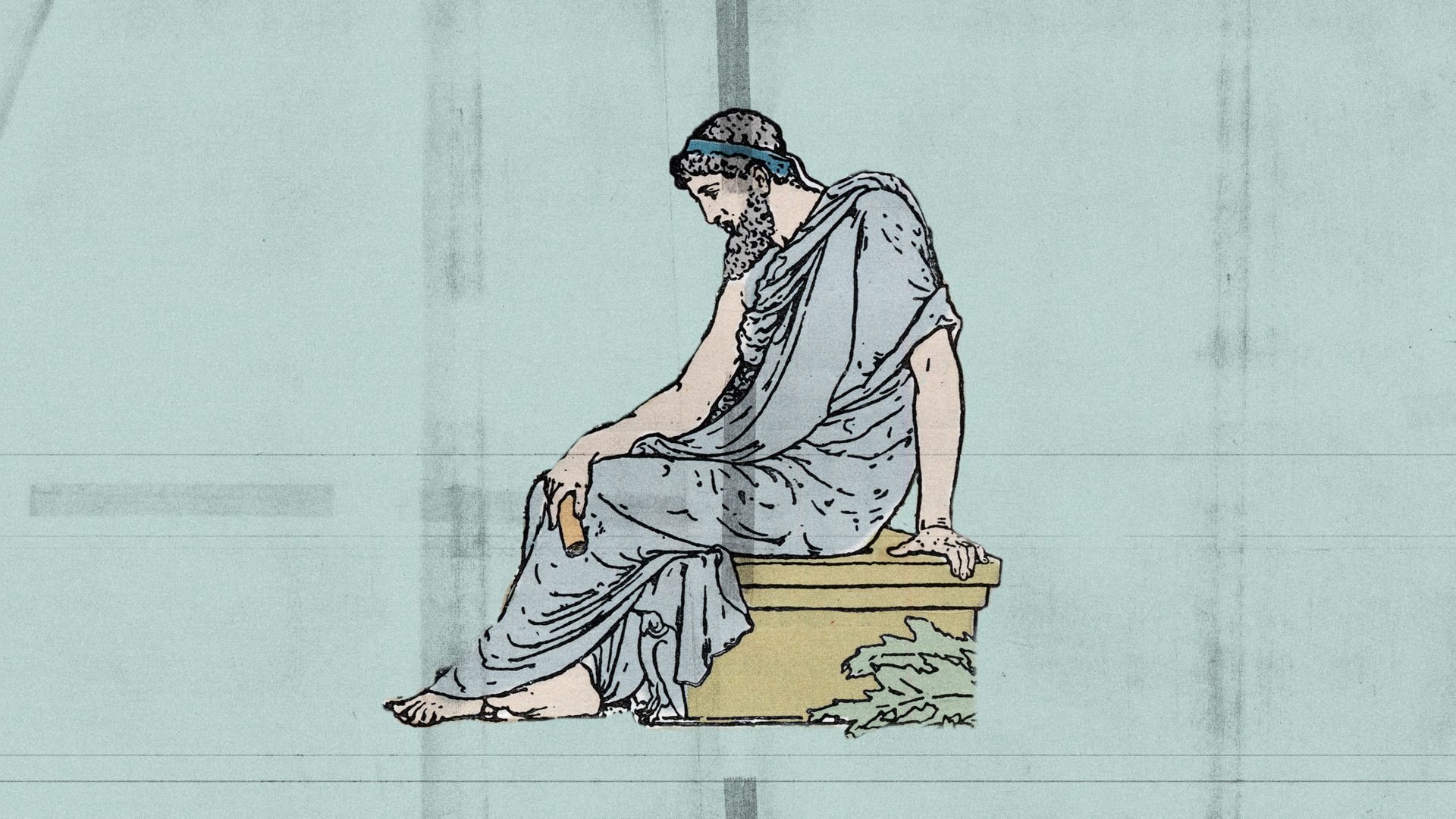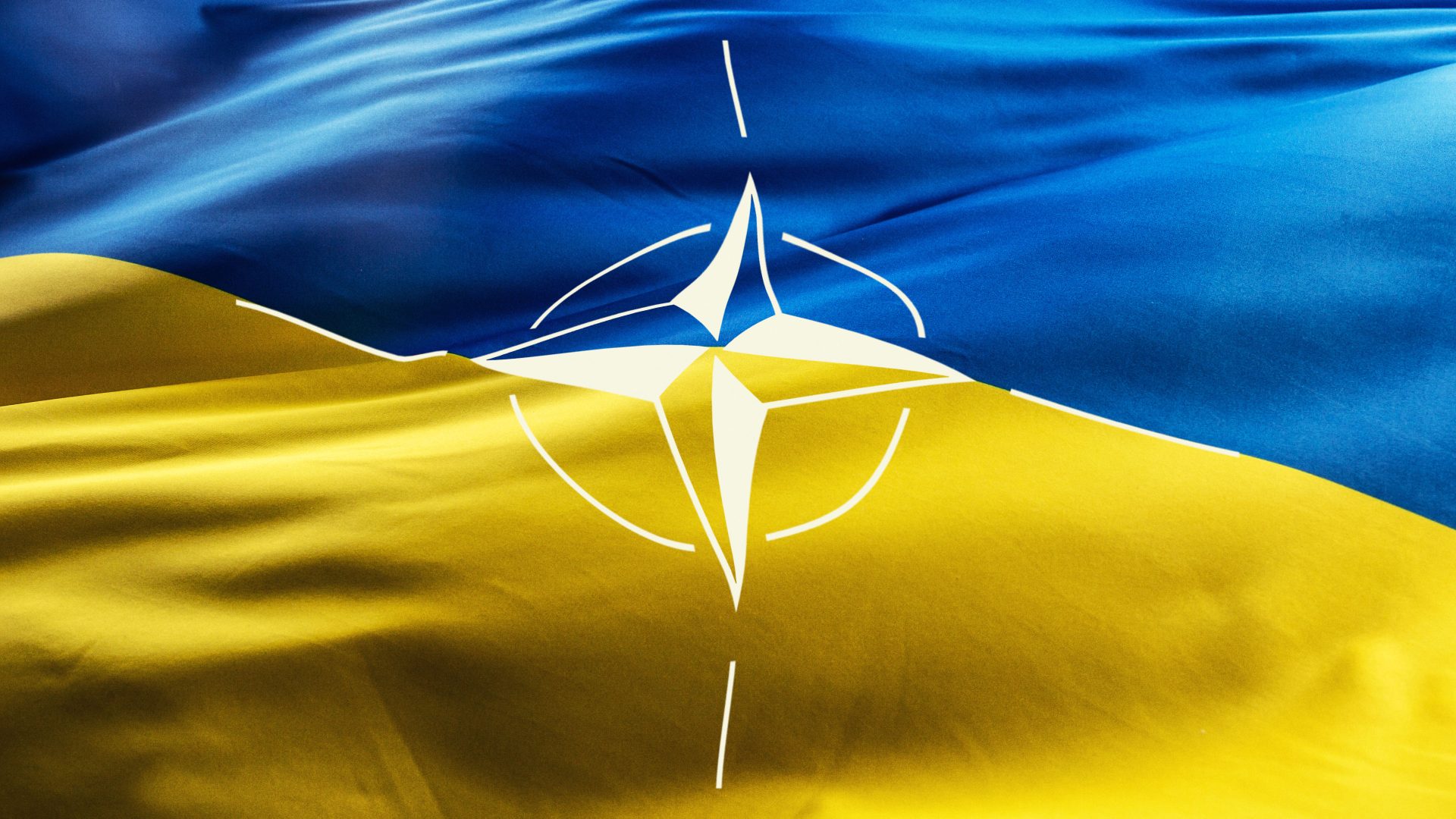Just about everyone who writes about Plato quotes AN Whitehead’s comment: “The safest general characterisation of the European philosophical tradition is that it consists of a series of footnotes to Plato.”
Whitehead was exaggerating, of course. Socrates, Plato’s teacher, was a pivotal figure, though the image of footnotes wouldn’t work for him as he declined to write anything down. Aristotle, Plato’s student, had his own distinctive, and at times, more substantial influence on European intellectual life too. It would, then, be safest to say that the European philosophical tradition consists of footnotes to the trinity of Socrates, Plato, and Aristotle. But, however you look at it, Plato’s philosophical influence has been immense.
He was born in 428BC, on 7 Thargelion, which is roughly the end of May. So this seems an auspicious time of year to release a biography of him. But as Robin Waterfield’s recently published Plato of Athens: A Life in Philosophy makes clear, this alleged birth date, like many biographical “facts” about Plato, was probably invented. In this case, the philosopher was assumed to be under the special protection of Apollo, whose portfolio of interests included revelation and intellectual clarity. Apollo’s birthday was in late May. It’s probable, then, that the date was chosen by Plato’s fan club as a good day to celebrate him.
What we do know about Plato is that he was from a wealthy family and was wealthy all his life. This meant he had the luxury of a good education and, later, the luxury of being able to teach without charging for his services.
We also know he was a snob with a low opinion of the masses and their ability to make good decisions on behalf of themselves and as participants in a democracy. He was religious too – piety was a virtue for him. He may have been destined for a life in politics before he took a swerve into philosophy and writing. But what we can be most certain of was that his life was changed by meeting Socrates.
Socrates, a charismatic philosopher and teacher, had one principal question: “How should we live?” His way of exploring this was through awkward and persistent questioning, trying to get his interlocutors to define key terms and so reveal what they knew. Socrates’ superpower was recognising how little he himself knew. Others lacked this self-knowledge. His questioning flummoxed them, and most ended up contradicting themselves or demonstrably failing to define what they were talking about.
The major event in Plato’s life was the trial and execution of this remarkable teacher. Socrates was accused of impiety, and of corrupting the youth of Athens. His followers were rich young men who were likely to become politically powerful. Alcibiades, a traitor to Athens, was among them. Democracy had recently been reinstated in the city-state following rule by a pro-Spartan oligarchy. Socrates was anti-democratic, uncompromising and difficult. He was sentenced to death, though not by a large majority. Rather than try to flee, he drank the hemlock.
Plato was devastated, and potentially at risk by association. He withdrew from public life and became what the Athenians called an “idiot” (an idiōtēs, Waterfield tells us, is one who is solely concerned with his own affairs). He wrote and he travelled. Returning to Athens, he went on to found the Academy, a centre for discussion, research, and scholarship – the first European university. Aristotle would be its most famous alumnus.
In later life, Plato got entangled with practical politics in Syracuse. But for us he is the author of dialogues in which Socrates is the main protagonist. Sometimes Plato uses Socrates as a mouthpiece for his own thoughts, too, particularly his view that reality lies beyond appearances and must be grasped by the intellect, not by the senses. These highly stylised pieces preserve the spirit of his teacher, and are designed to make readers think for themselves.
The philosophy here is mostly ongoing conversation and questioning rather than dogma – the Socratic model. That is wonderful. But there is a darker side, too. Plato’s vision of a “well-ordered” society in The Republic (presented as an extended metaphor for the well-ordered mind) has totalitarian elements. Karl Popper pointed this out long ago.
While Plato recognised that power shouldn’t be given to those who desire it most, his ideal solution was government by an incorruptible, intellectual elite. Specially trained “philosopher kings” (or queens) would censor and lie to control what the lower orders thought. A truly terrifying vision.



